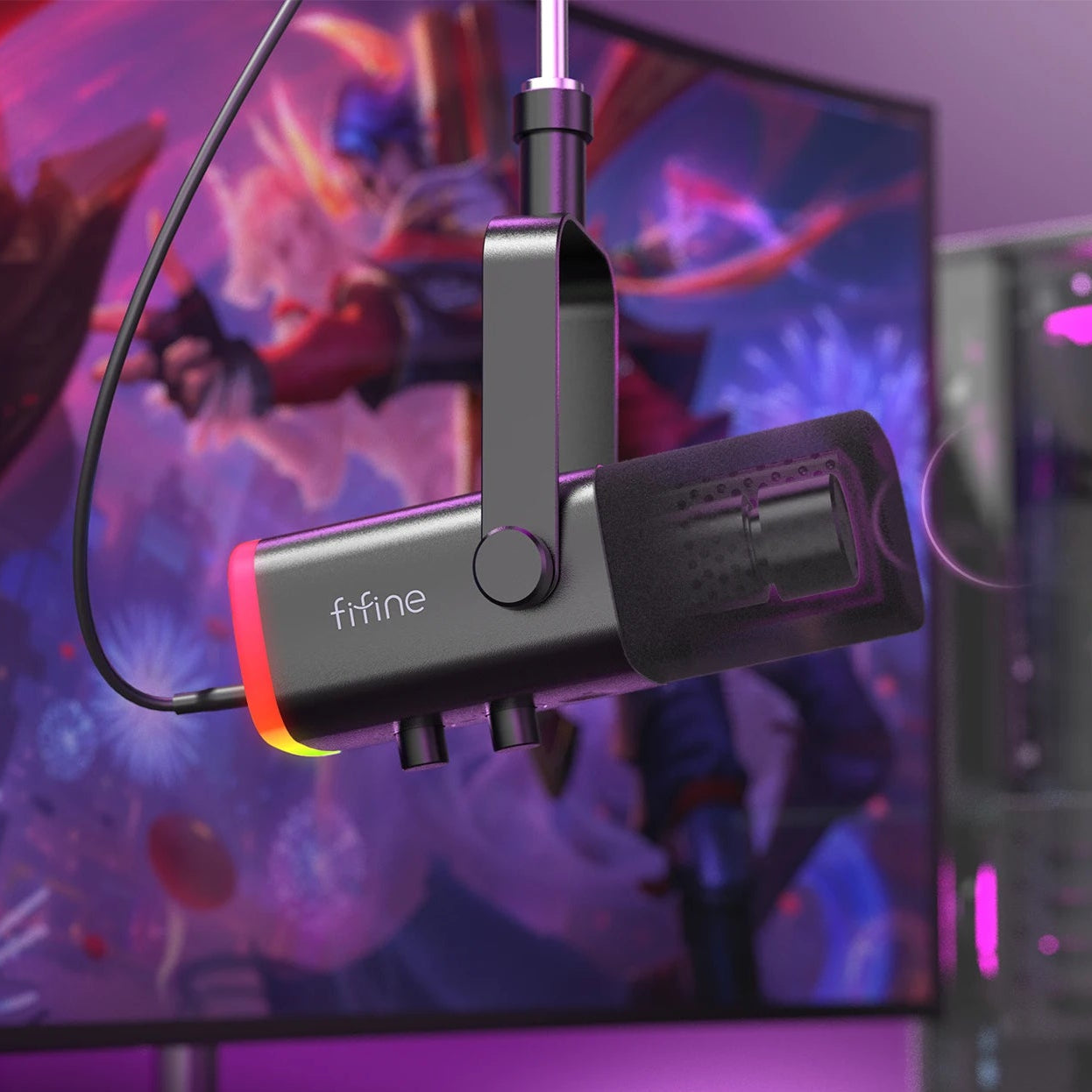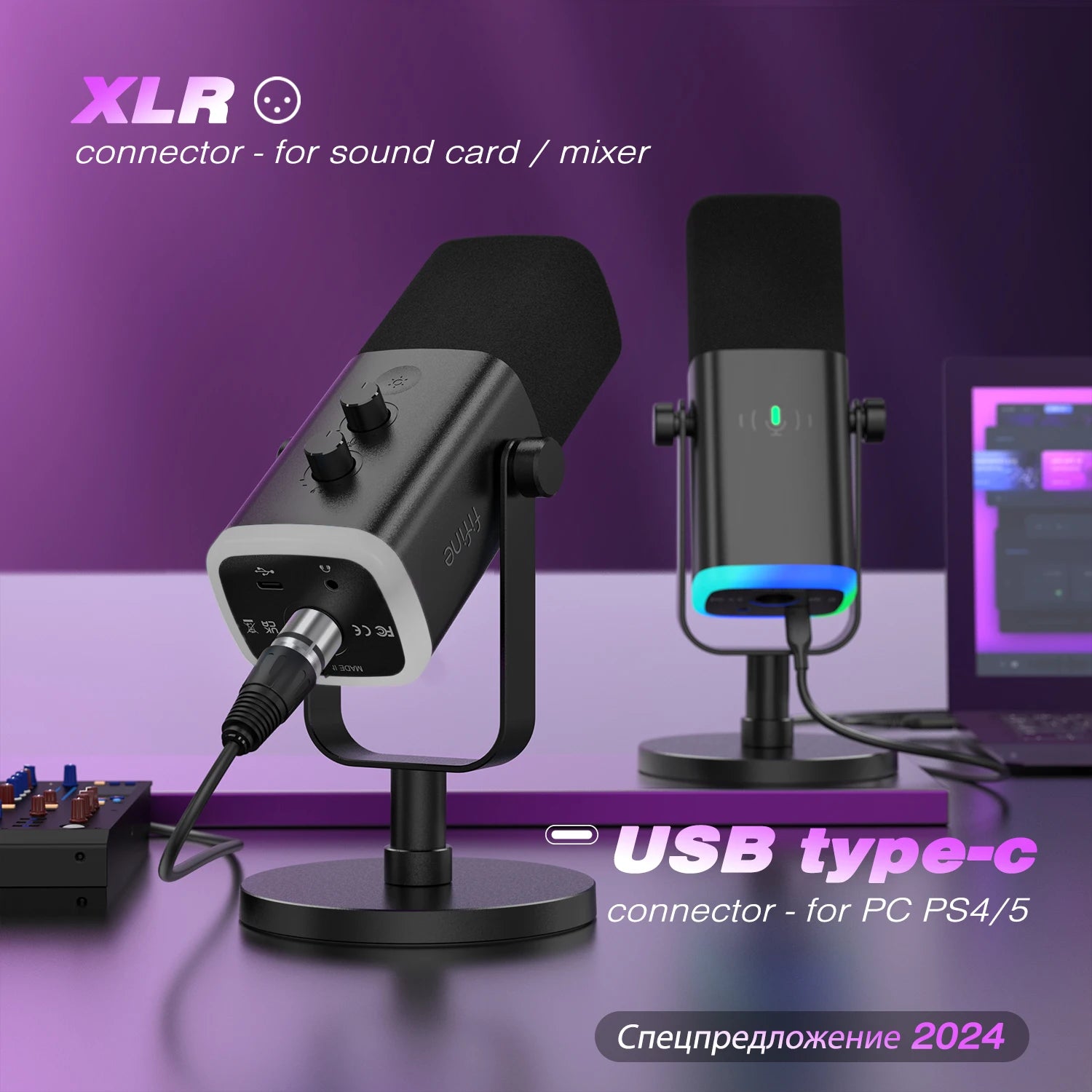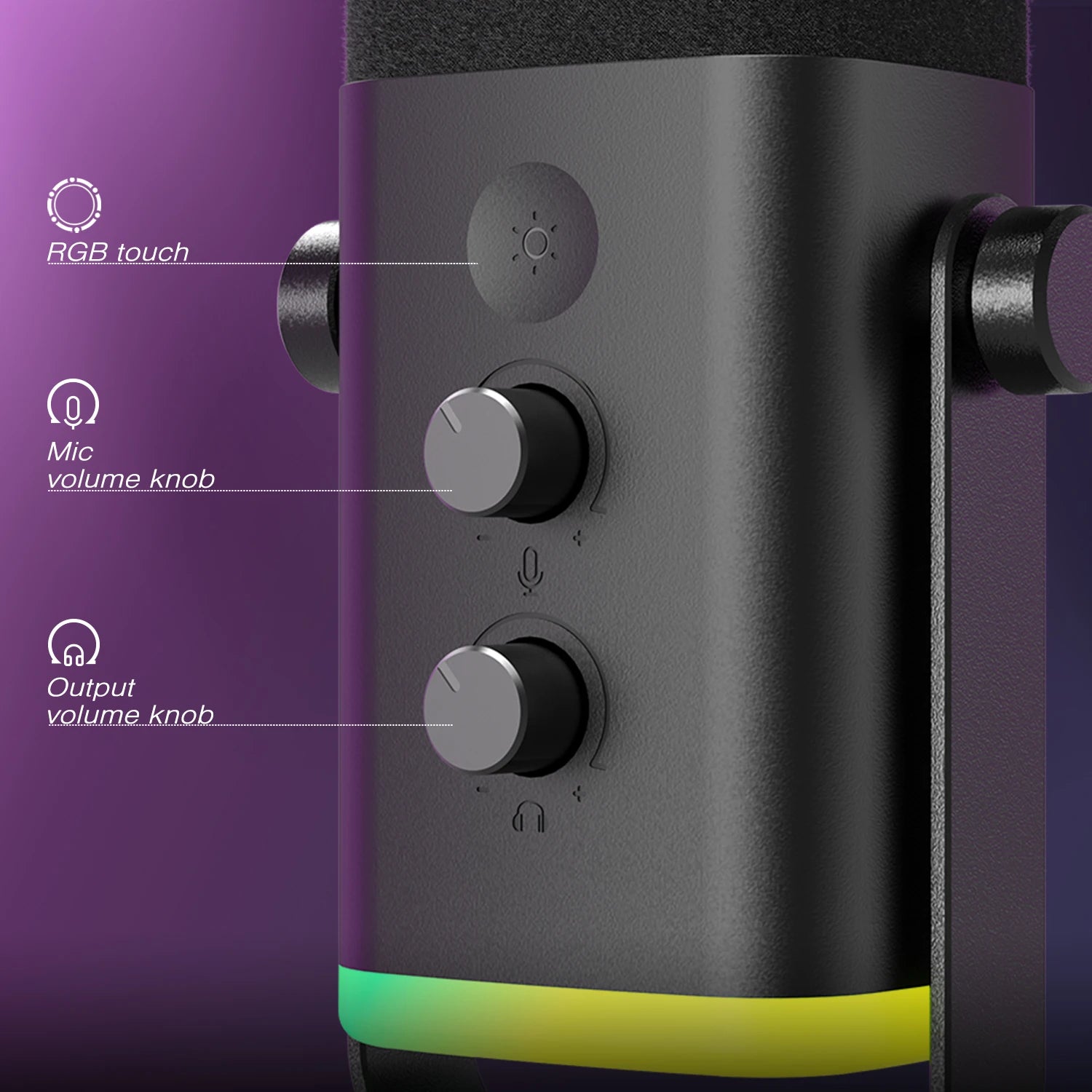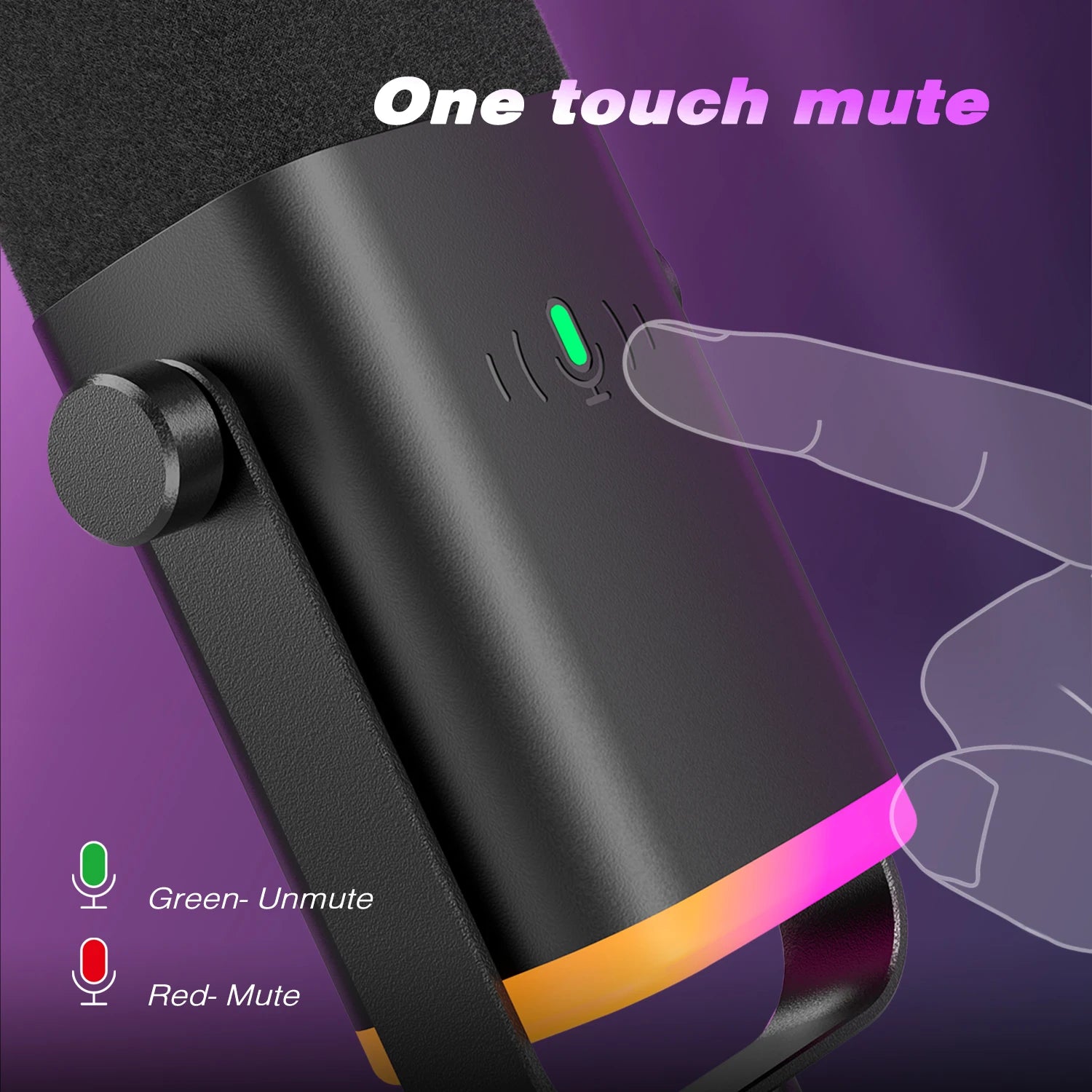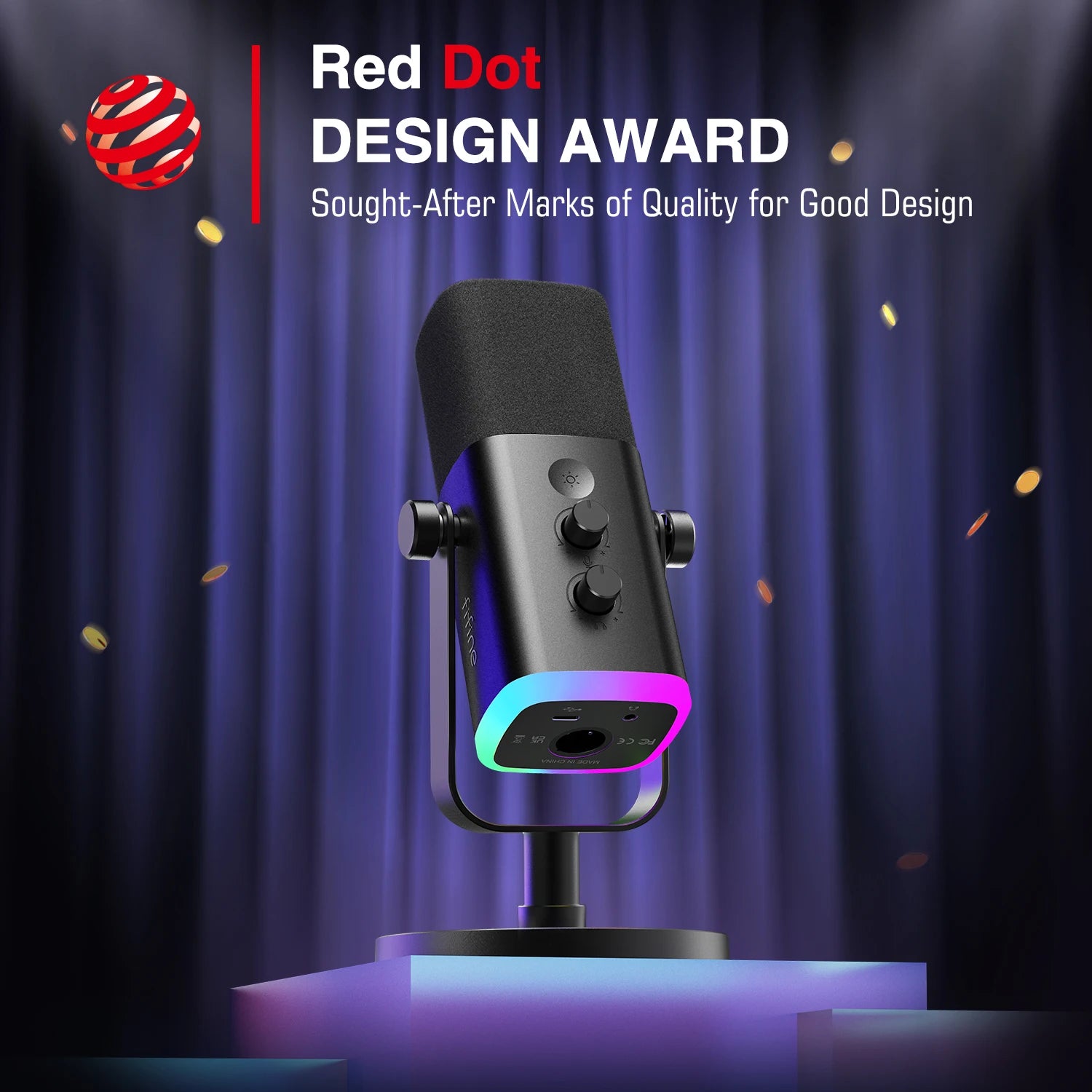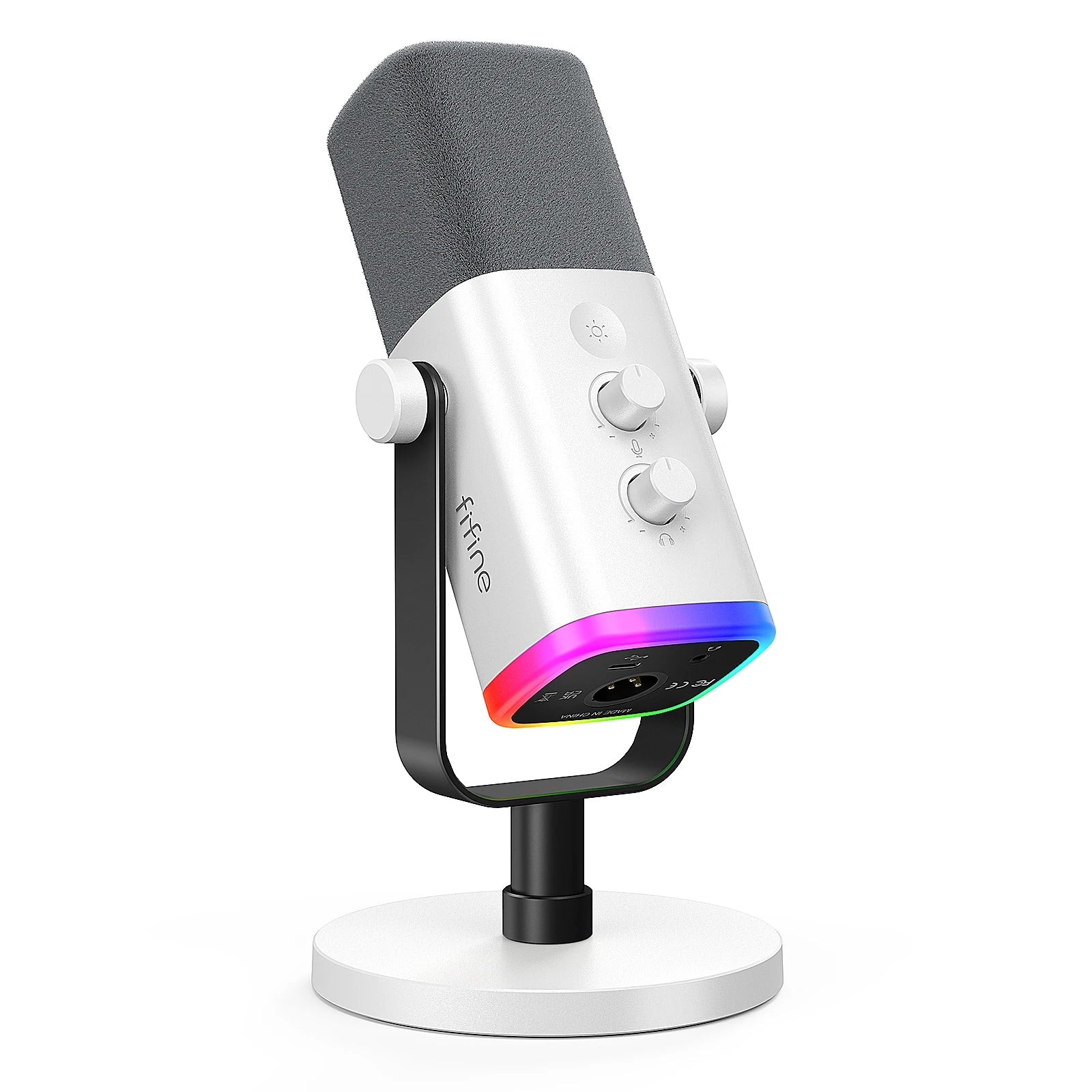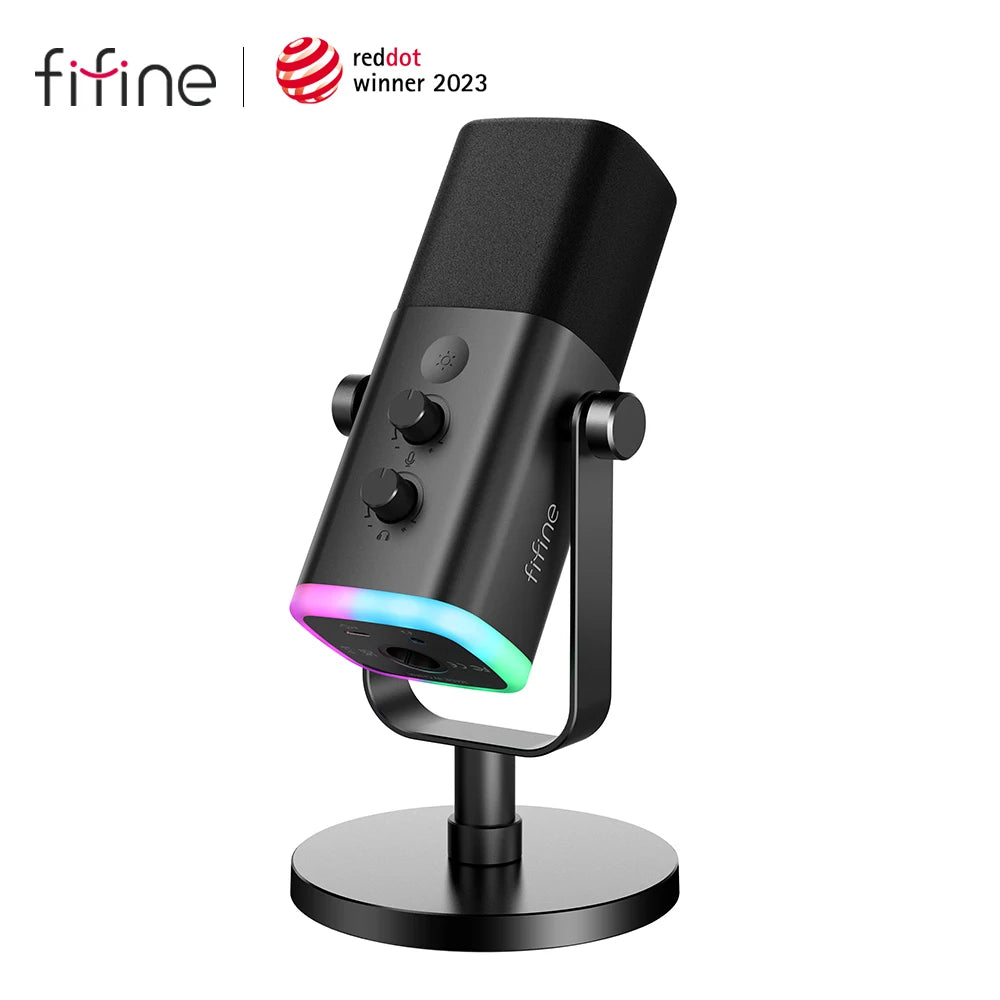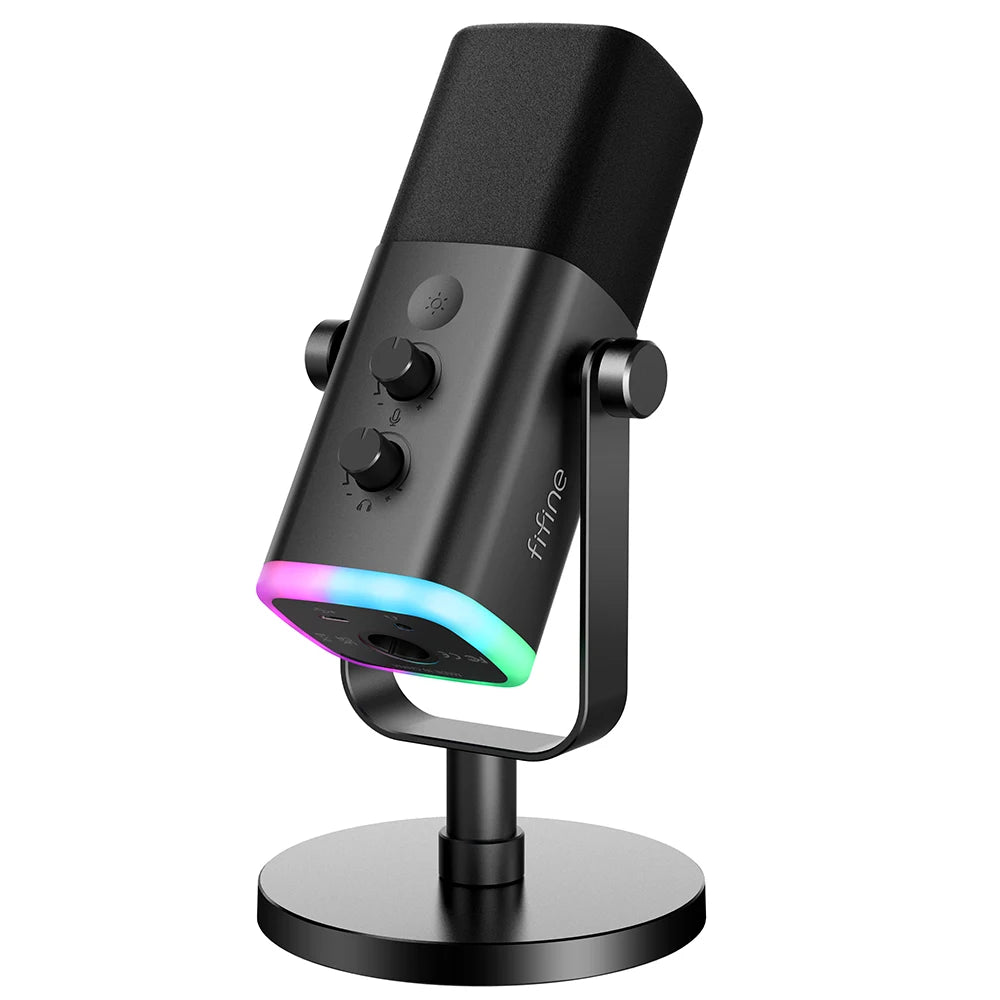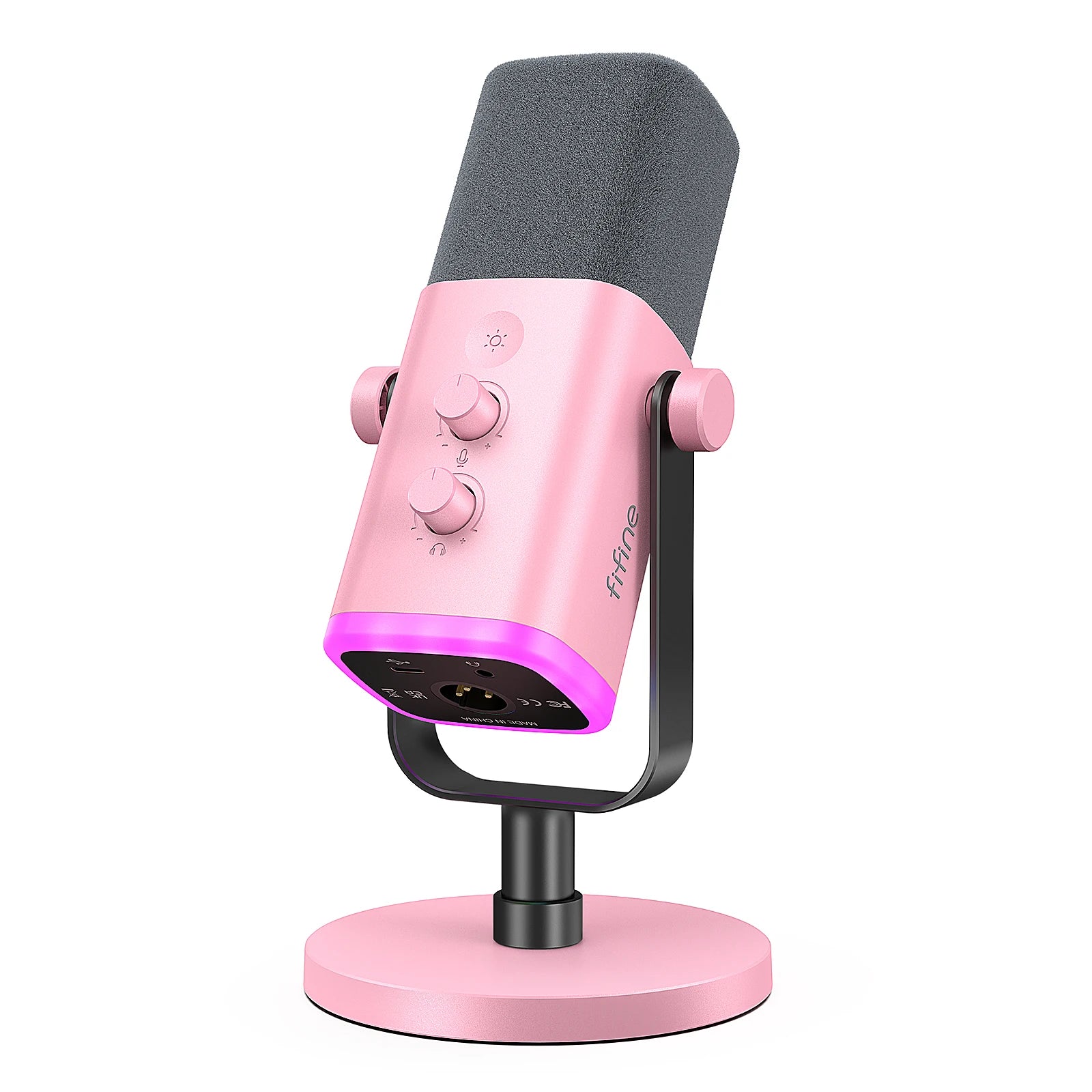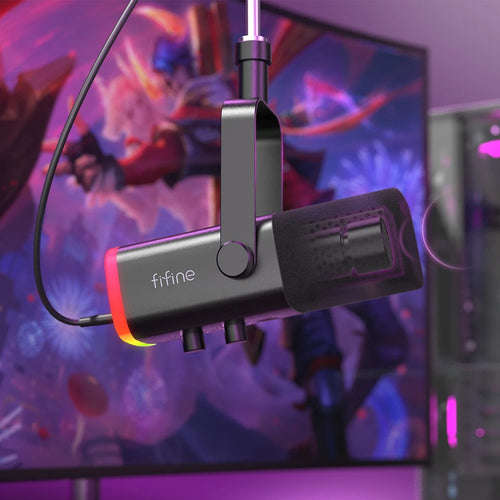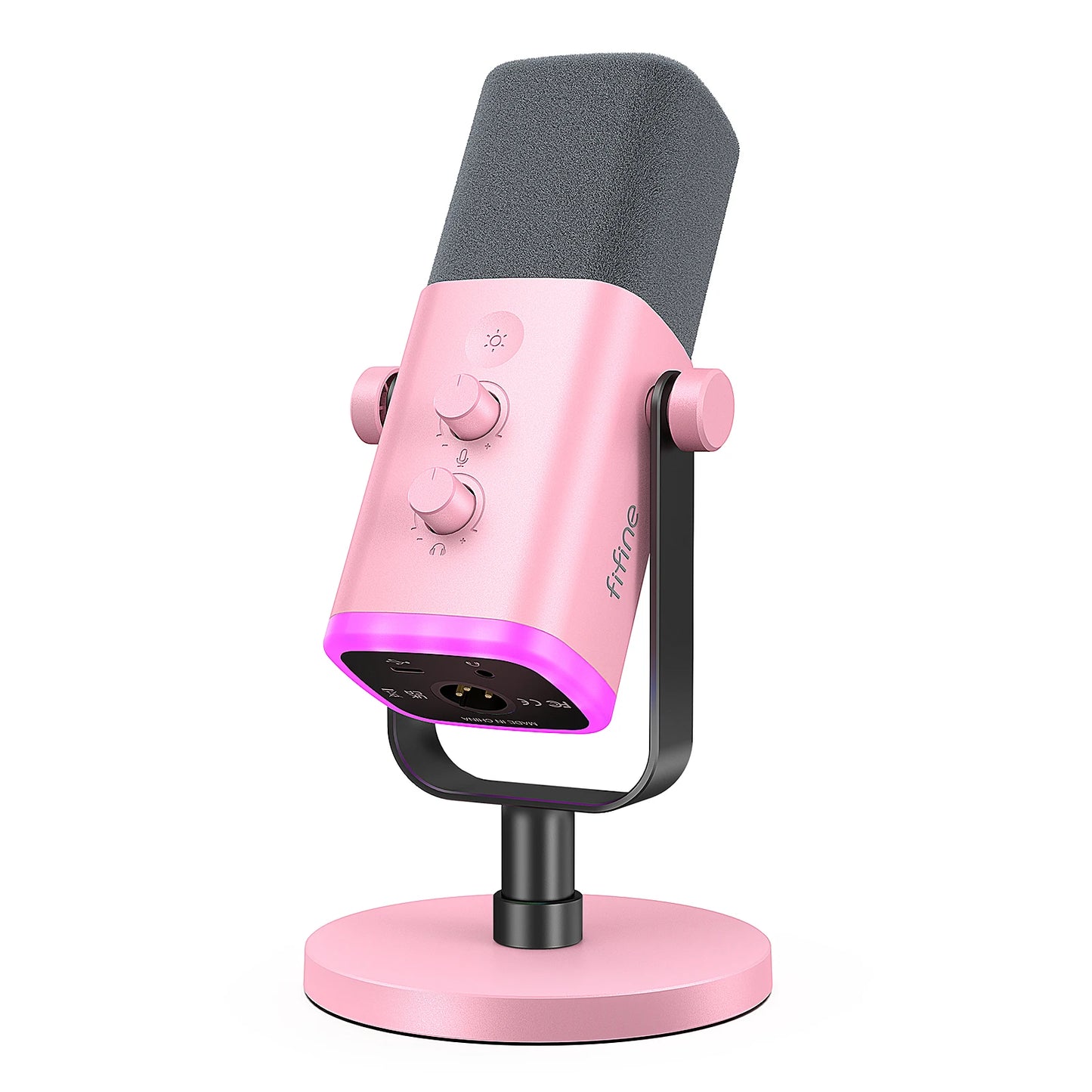
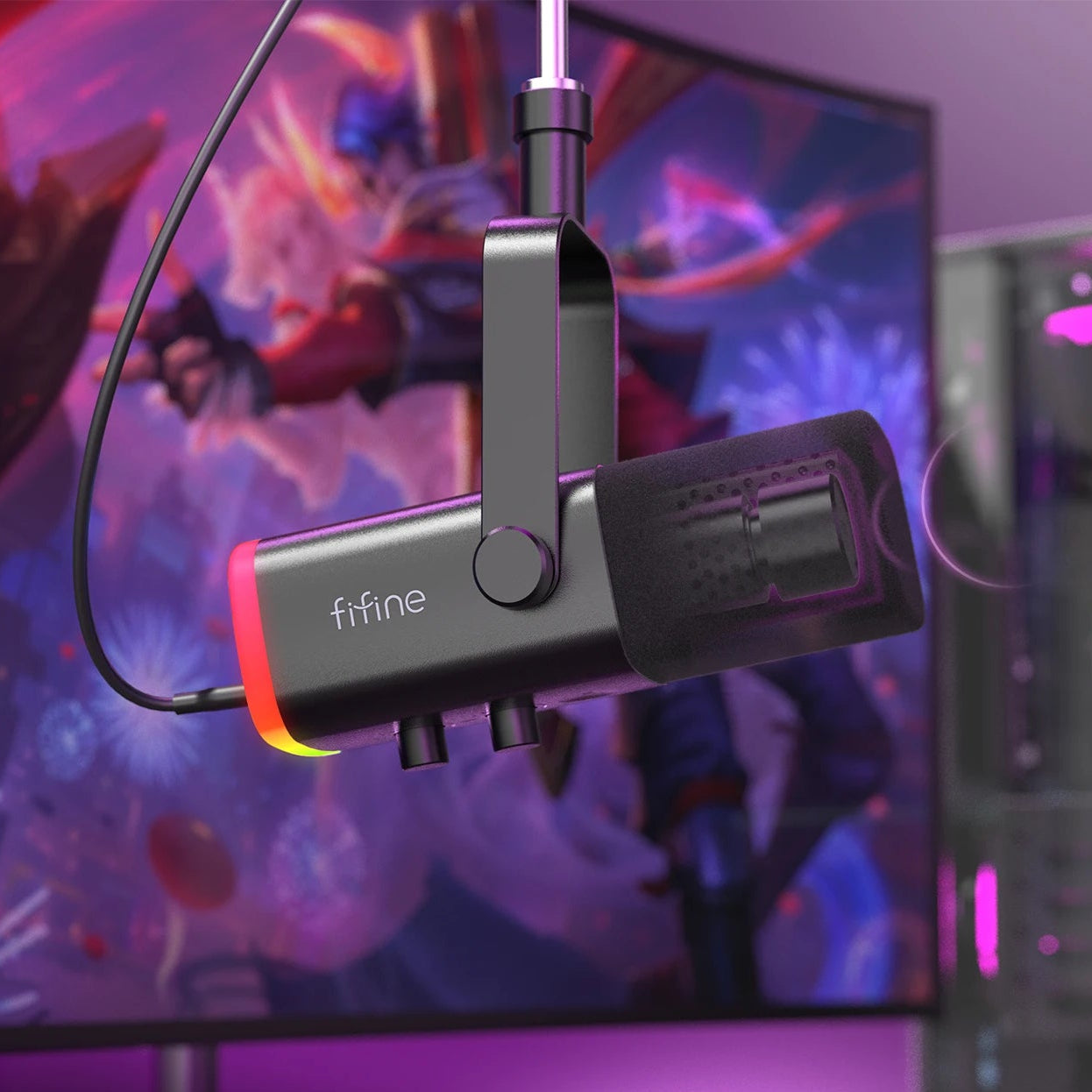
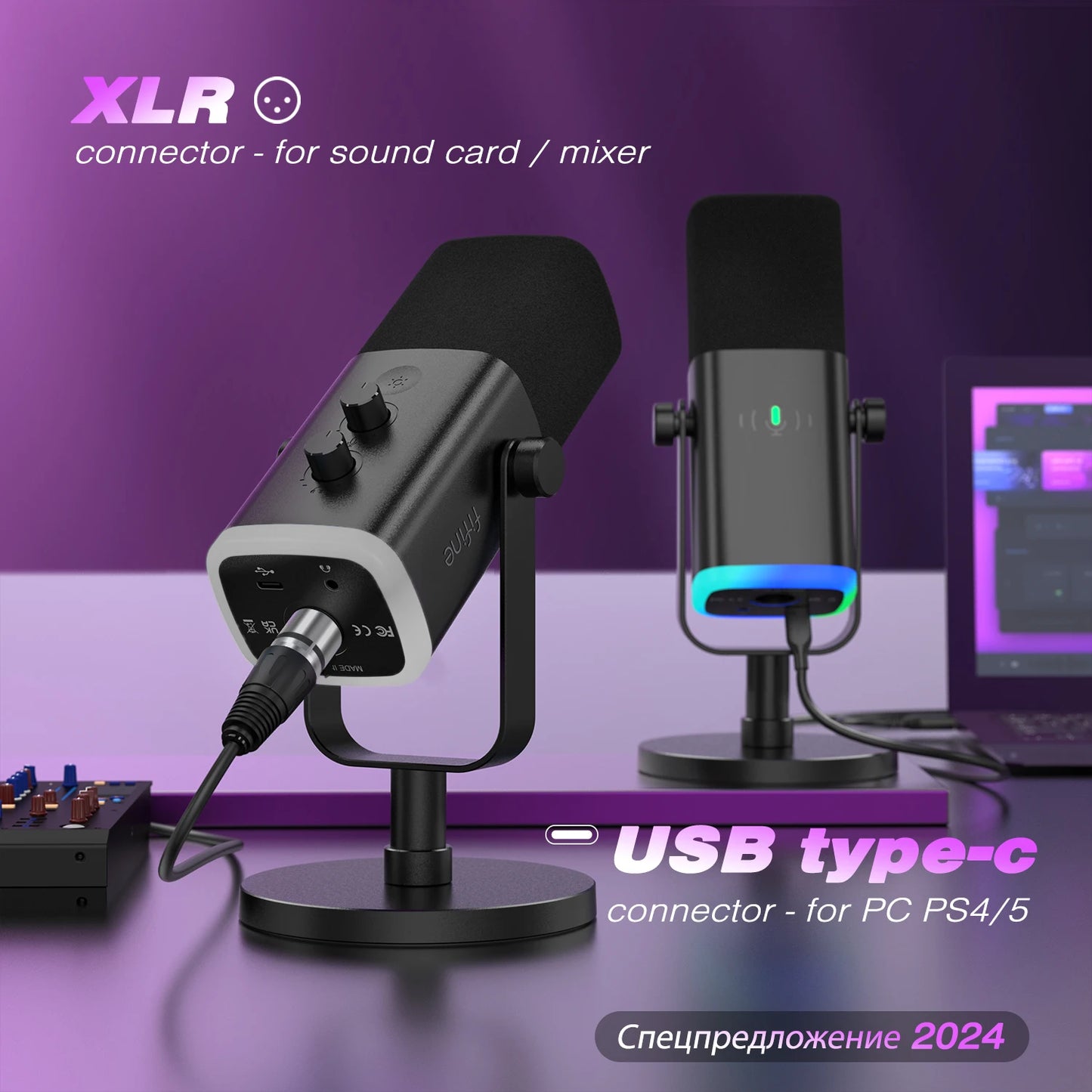
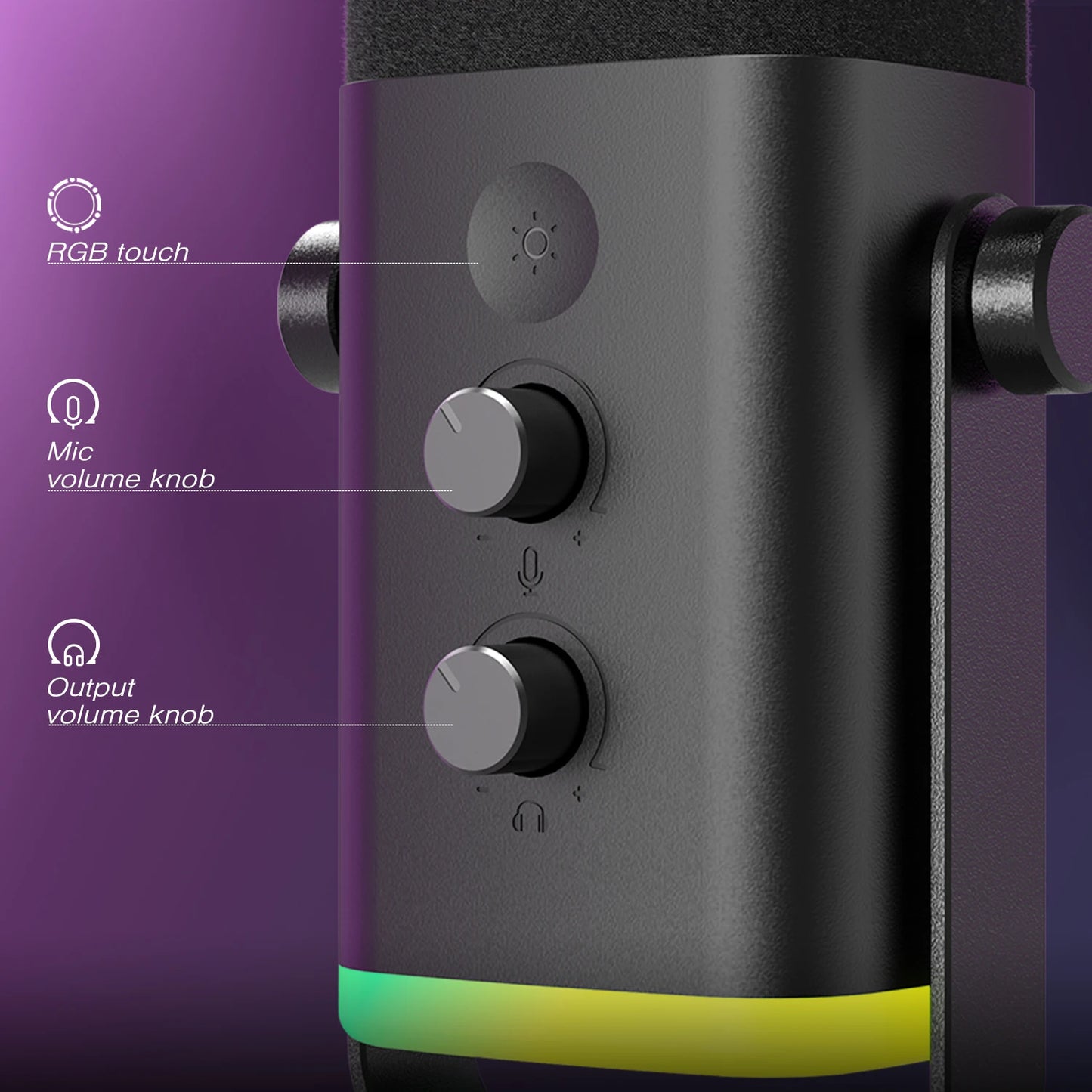
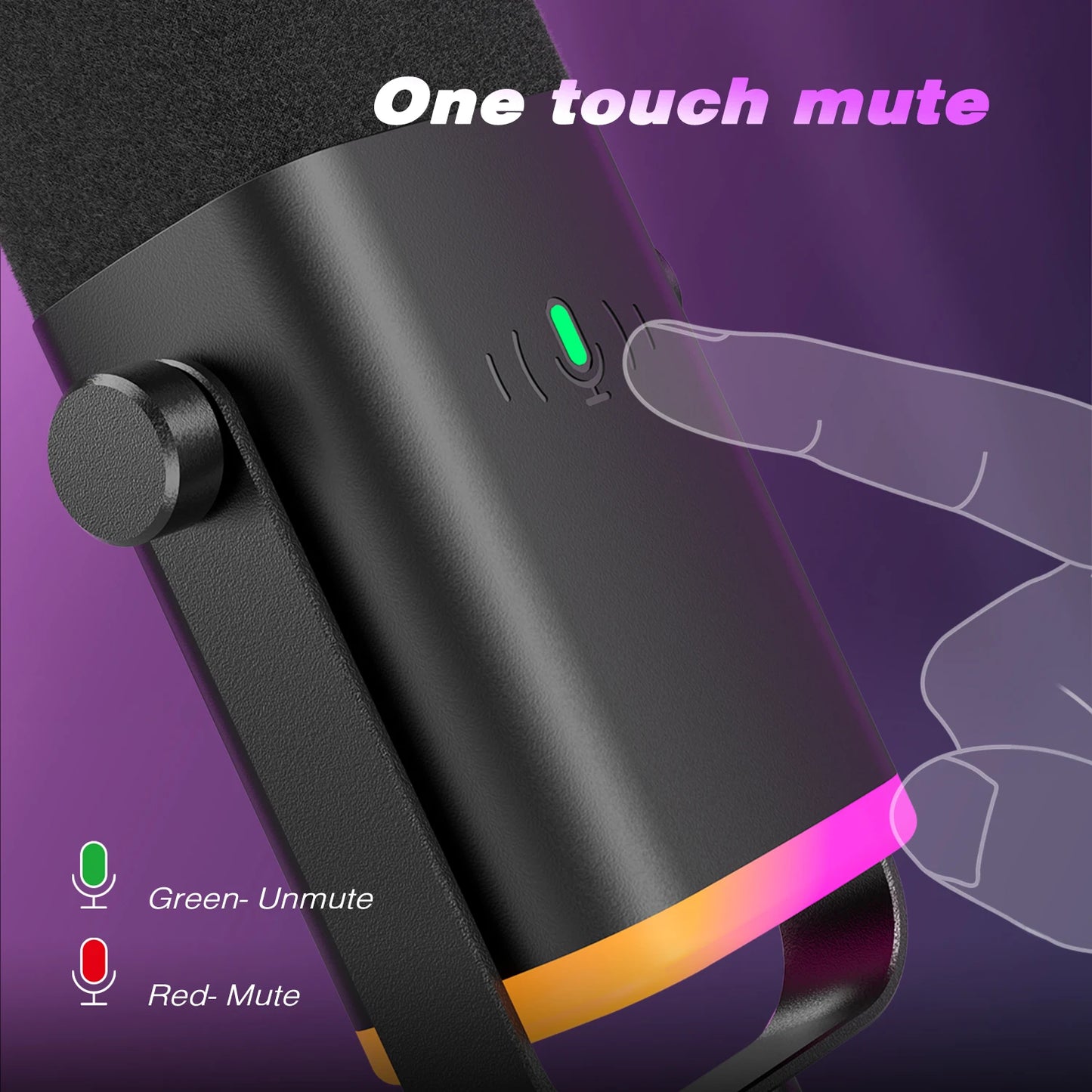
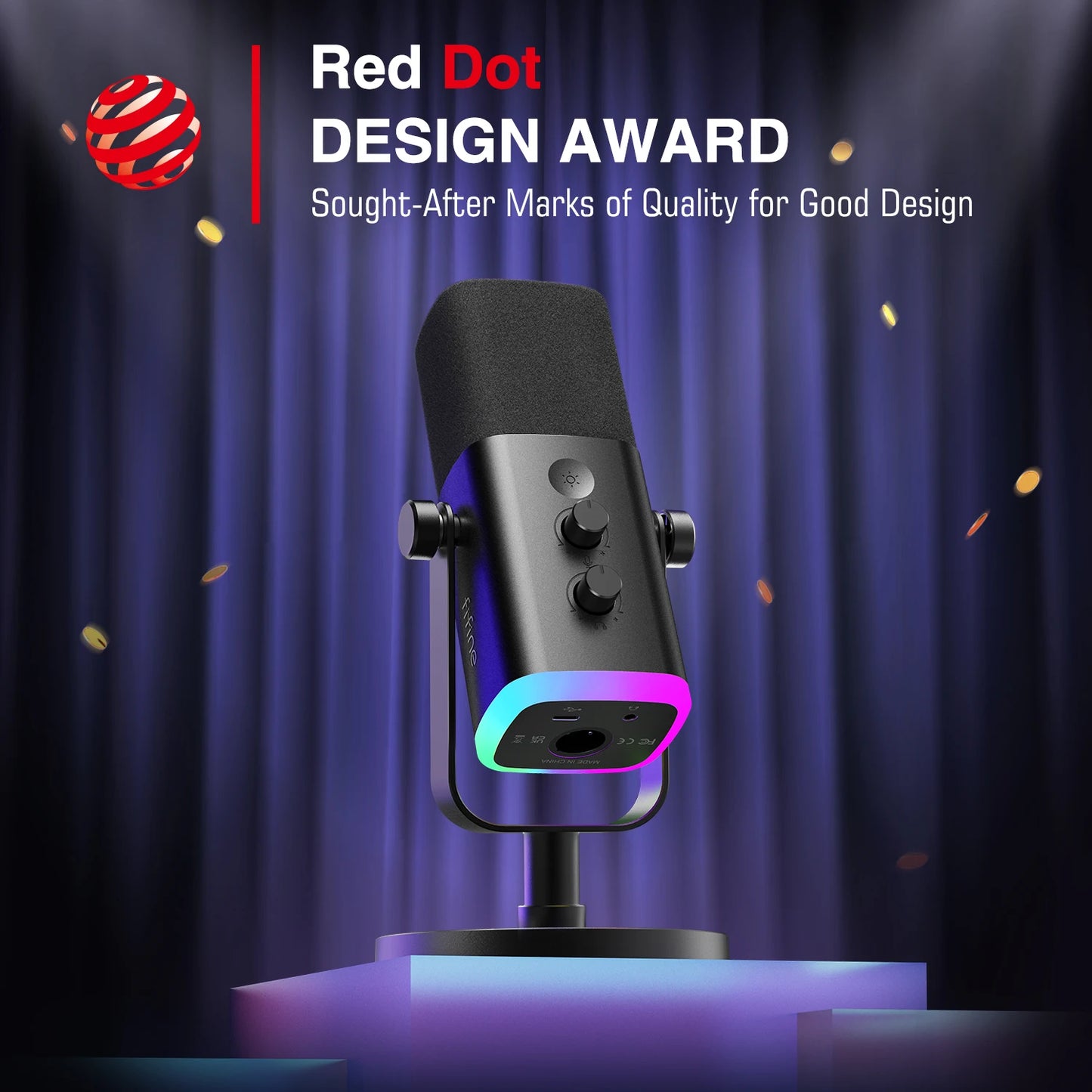
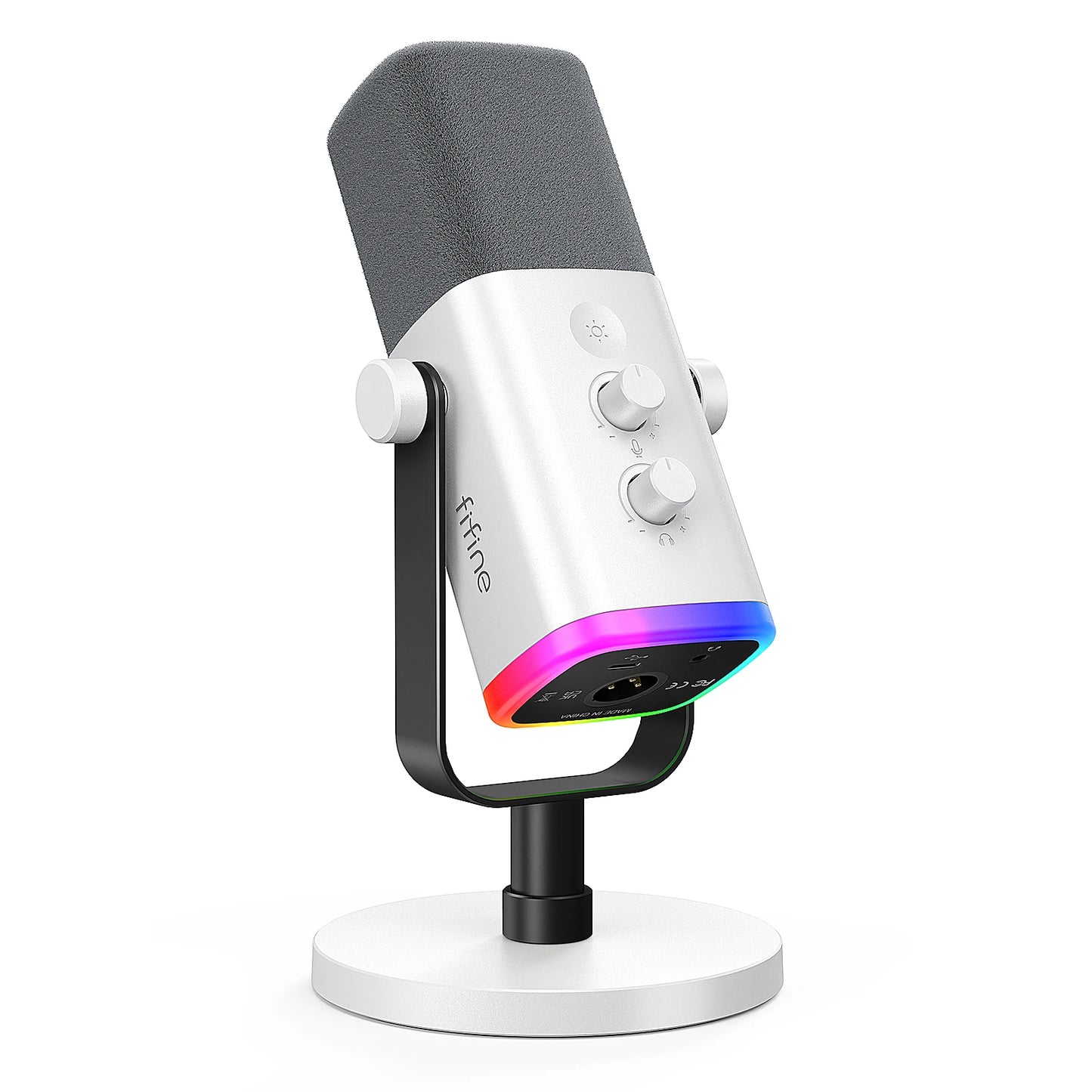
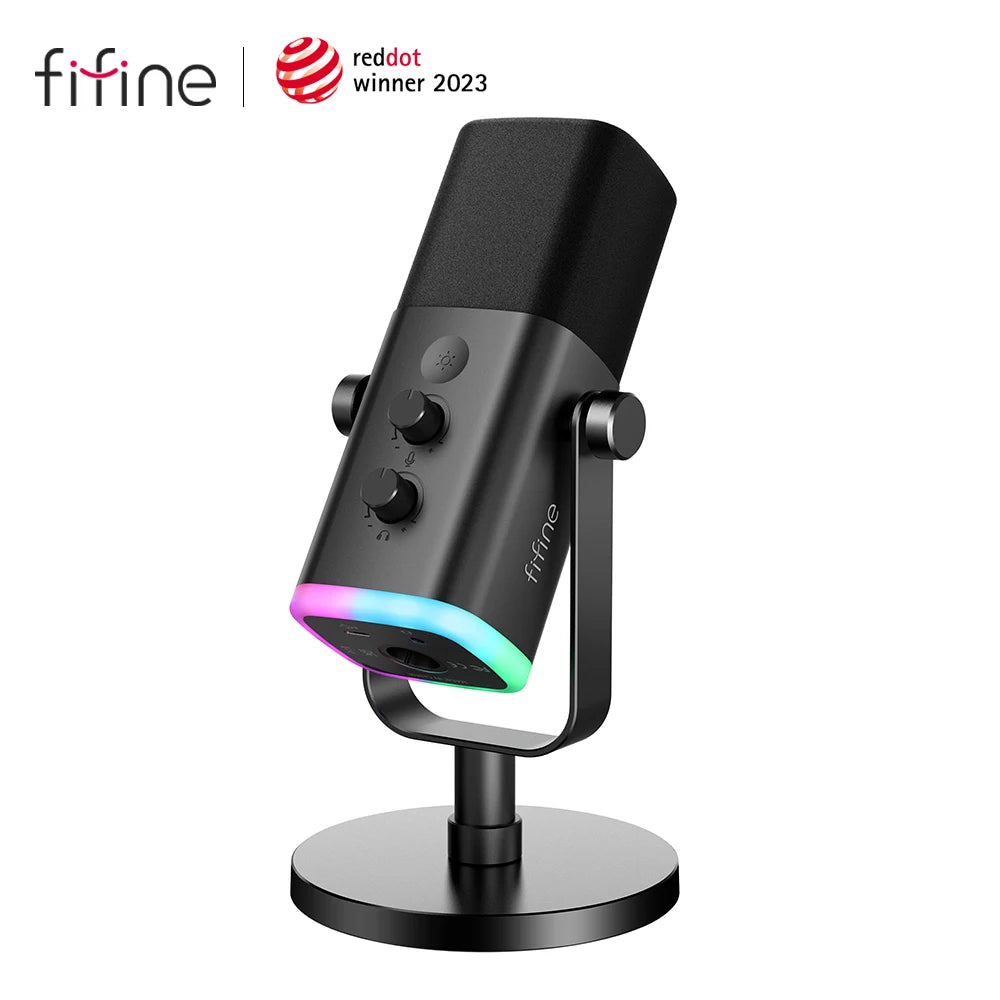
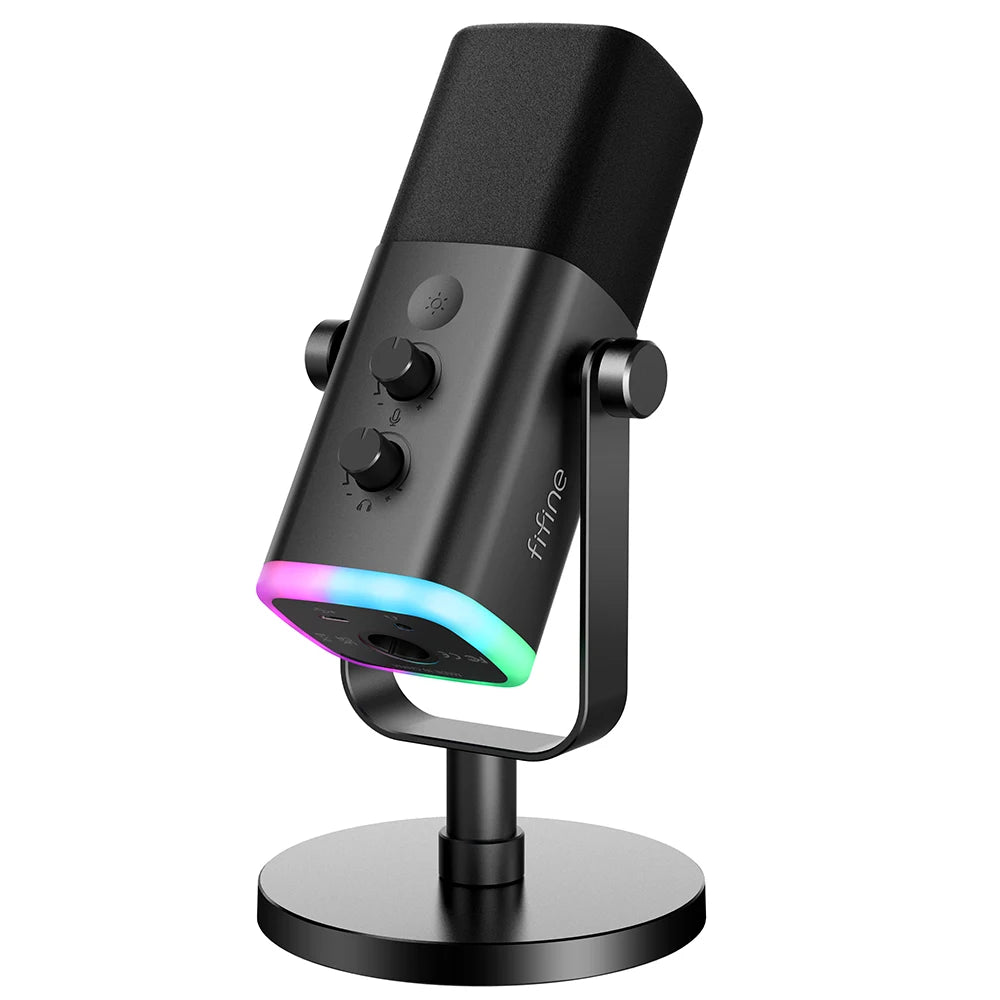
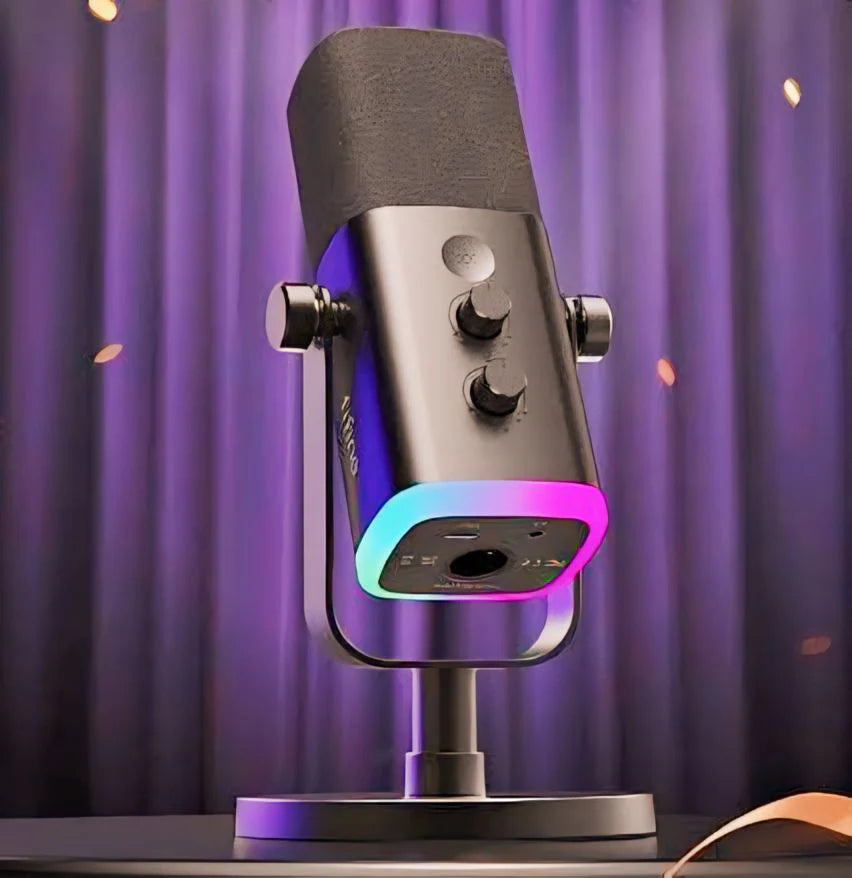
Natural Audio Clarity
Operated with frequency response of 50Hz-16KHz, the podcasting XLR mic delivers balanced audio range, likely to resonate with your audience. Directional cardioid dynamic microphone corded will not exaggerate your voice, while rejects unwanted off-axis noise for vocal originality and intelligibility during your gaming streaming video recording.
Built Strong, Sounds Smooth, Lasts Long!
Experience clear, reliable audio every time with a microphone built to perform. From studio sessions to stage shows, its rugged construction handles any environment with ease. You’ll enjoy smooth sound quality that lasts through countless recordings and performances.
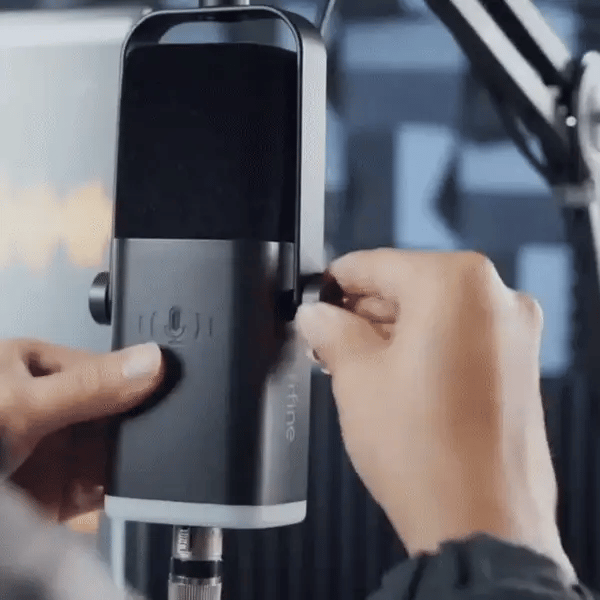
Upgrade Ability
Experience smooth, noise-free operation that adapts to your evolving studio setup. This podcasting and recording microphone connects easily with sound cards and mixers, offering greater flexibility for vocals and music genres. Its balanced XLR transmission isolates pure, accurate audio—reducing interference for professional-grade clarity.
Capture Every Word, Loud and Clear.
Ensure your voice is heard with precision and power. This microphone delivers crisp, clear audio—perfect for podcasts, performances, or live streaming.
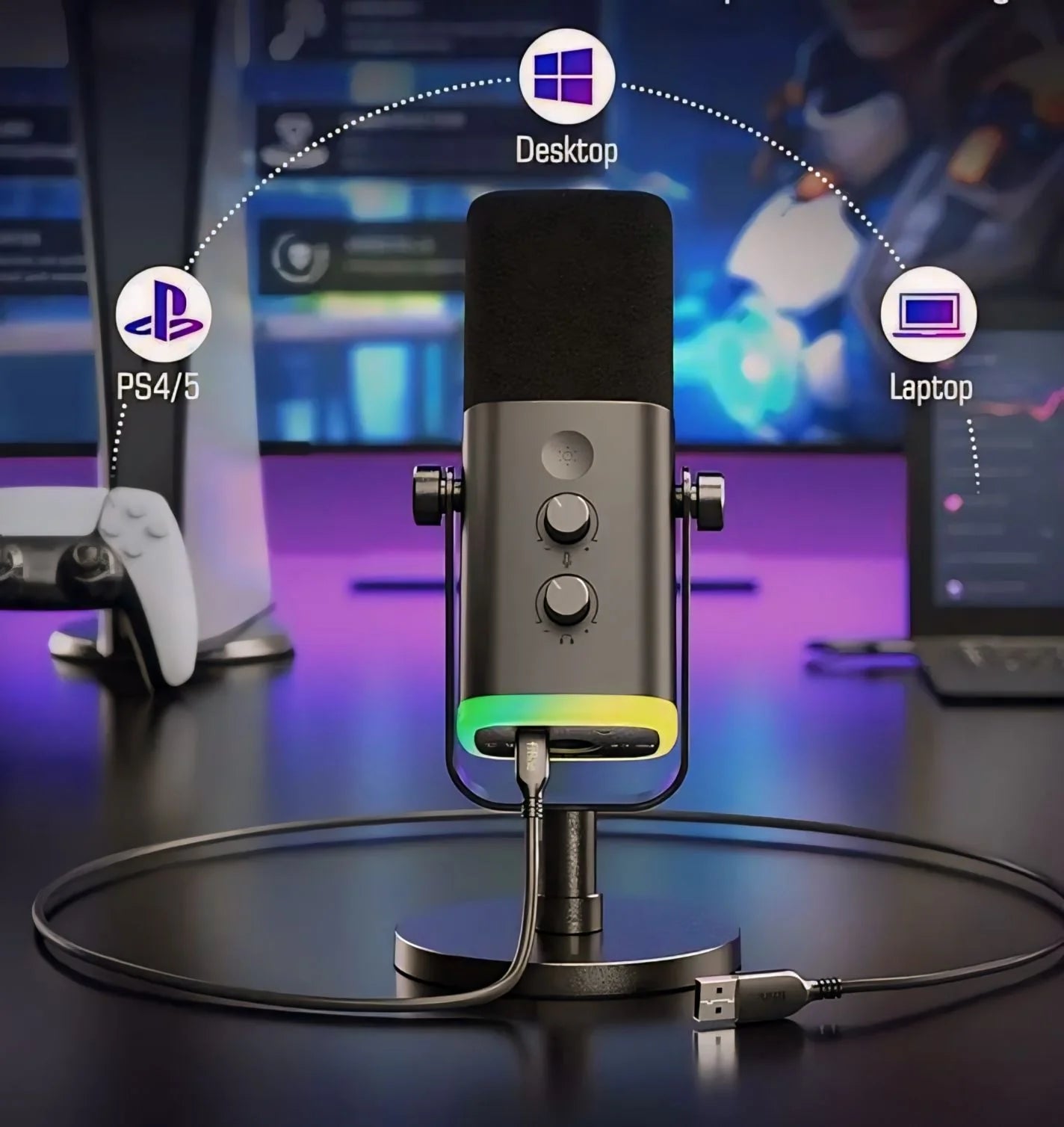
Questions? We’ve Got You Covered
What is a dynamic microphone best used for?
What is a dynamic microphone best used for?
Dynamic microphones are ideal for live performances, podcasting, streaming, and loud sound environments due to their durability and noise rejection.
Does it require external power or batteries?
Does it require external power or batteries?
No, dynamic microphones do not require phantom power or batteries, making them simple and reliable for everyday use.
Can I use it with my computer or phone?
Can I use it with my computer or phone?
Yes, with the appropriate adapter or interface, you can connect a dynamic mic to a computer, audio interface, or smartphone.
How is it different from a condenser mic?
How is it different from a condenser mic?
Dynamic mics are more rugged and better for high-volume sound sources, while condenser mics are more sensitive and suited for studio vocals or acoustic instruments.

